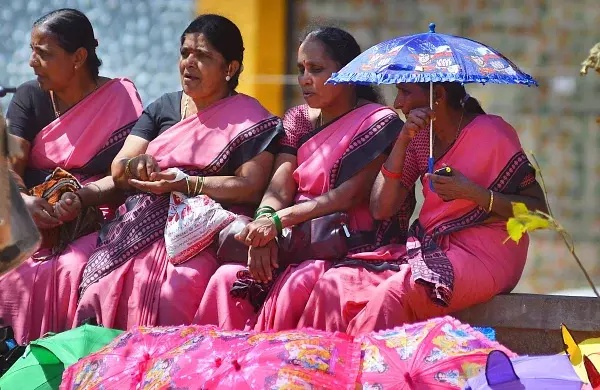
High Court Reverses Earlier Order on Anganwadi Worker Classification
The Gujarat High Court recently overturned a 2024 directive that sought to equate Anganwadi Workers (AWWs) and Anganwadi Helpers (AWHs) with government employees, citing fundamental differences in recruitment processes and financial implications. The court’s division bench, comprising Justice AS Supehia and Justice RT Vachchani, emphasized that while AWWs and AWHs play critical roles in community welfare, their employment structure diverges significantly from civil service norms. The court acknowledged the need for improved remuneration but rejected the proposal to grant them full benefits of government employee status, highlighting concerns over fiscal feasibility and administrative complexity.
Recruitment and Financial Realities Shape Legal Ruling
The court’s decision underscored the distinct nature of AWWs’ and AWHs’ roles, noting that they are often hired through local welfare councils rather than formal government appointments. This distinction, the bench argued, creates a separate employment framework that cannot be equated to civil service positions. Additionally, the court raised concerns about the financial burden of granting AWWs and AWHs the same salary scales and benefits as state government employees, which could strain public finances. The ruling emphasized the need for a balanced approach that ensures fair compensation without compromising fiscal responsibility.
Living Wage Directive Amid Constitutional Concerns
Despite rejecting the earlier classification proposal, the court mandated a significant wage increase for AWWs and AWHs, citing constitutional obligations under Article 21. The directive orders the state government to pay AWWs a minimum of ₹24,800 per month and AWHs ₹20,300, with arrears to be settled within six months. The court highlighted the moral imperative of providing dignified wages to frontline workers who support vulnerable populations, including pregnant women, lactating mothers, and children. The ruling also condemned the denial of living wages as a violation of fundamental rights, emphasizing the social responsibility of the state to ensure equitable treatment.
Legal Precedent and Implementation Challenges
The court’s decision sets a legal precedent for balancing administrative efficiency with social welfare obligations. While the wage hike addresses immediate concerns, challenges remain in implementing the directive across all Anganwadi Centers in Gujarat. The ruling also raises questions about the broader classification of welfare workers in other states, as similar disputes may arise. The case, titled *State of Gujarat v/s Adarsh Gujarat Anganwadi Union*, underscores the tension between statutory frameworks and the need for humane working conditions for essential service providers.
Broader Implications for Public Service Reforms
The Gujarat High Court’s ruling has sparked discussions on the need for systemic reforms in the welfare sector. Advocates argue that the decision highlights the urgent need to formalize the employment of AWWs and AWHs, ensuring they receive benefits comparable to other public service roles. However, policymakers face the challenge of reconciling financial constraints with the moral duty to support frontline workers. The court’s emphasis on living wages has also reignited debates about the minimum wage standards for non-civil service roles, potentially influencing similar cases across India’s states.




